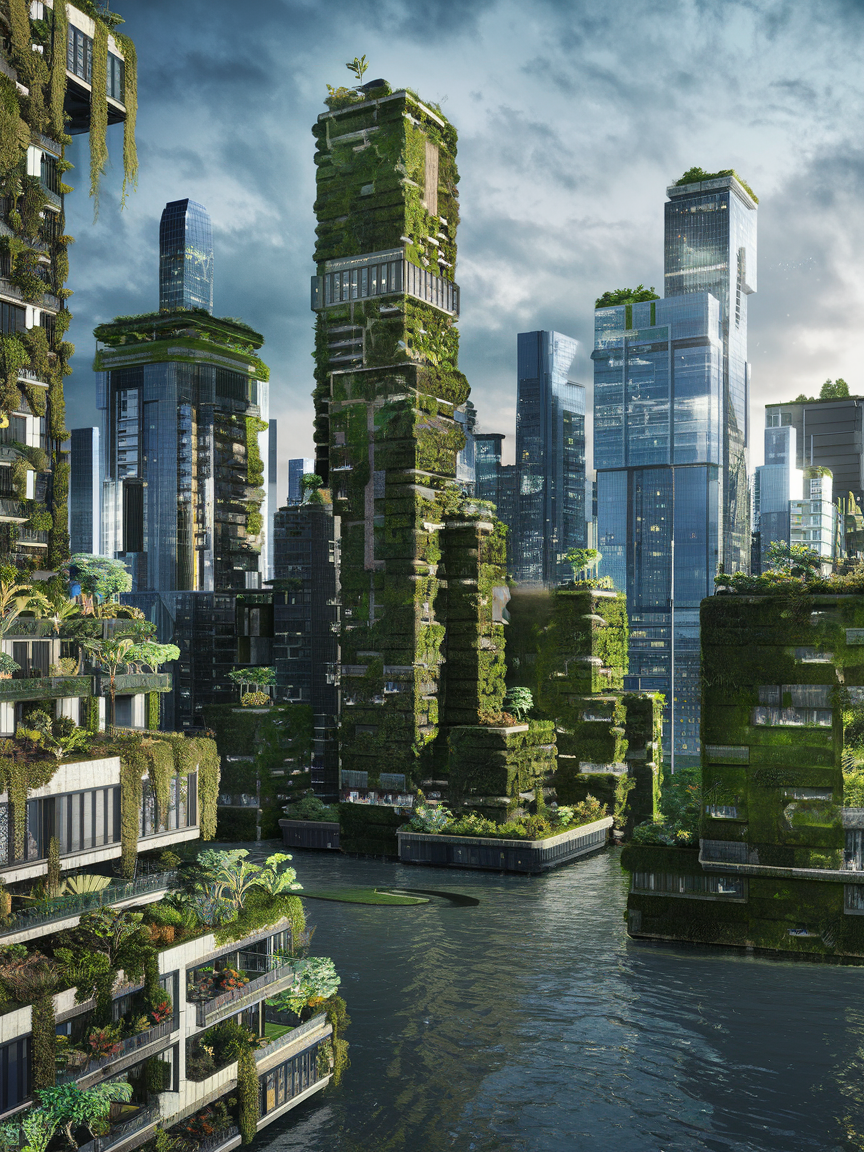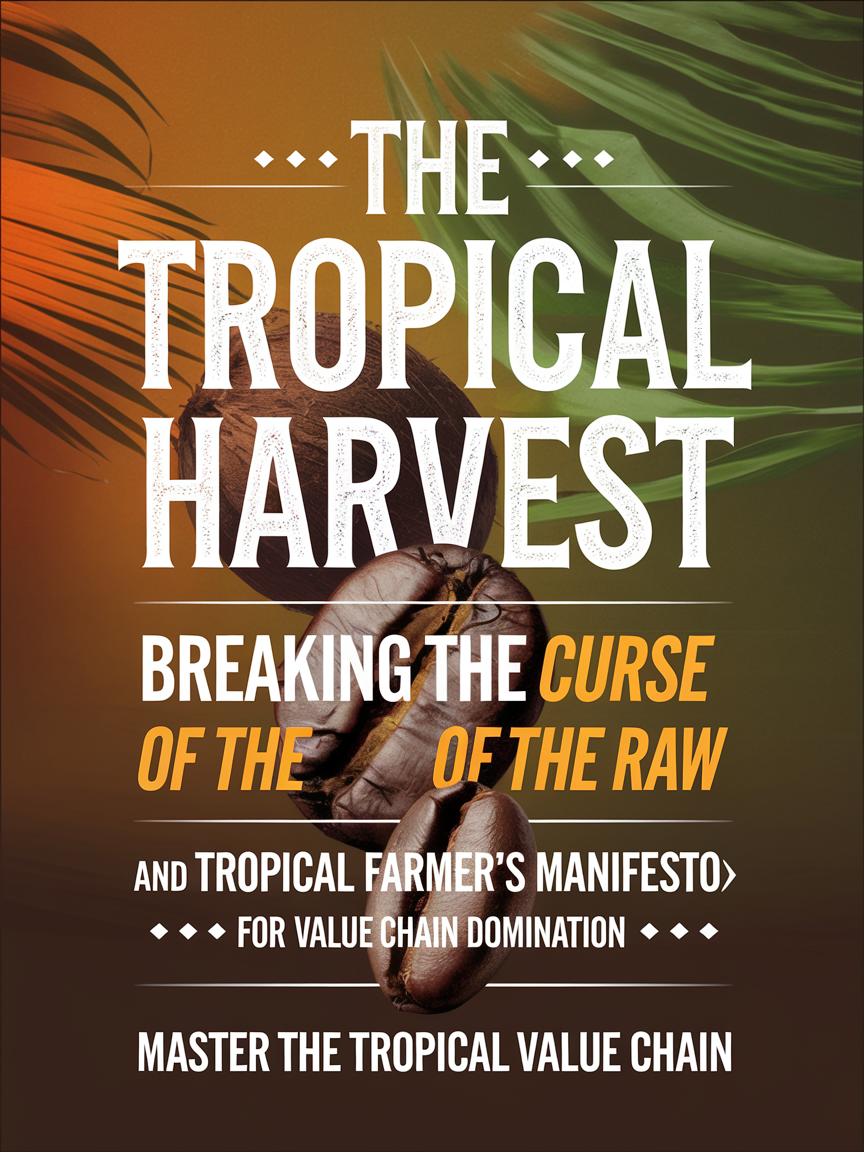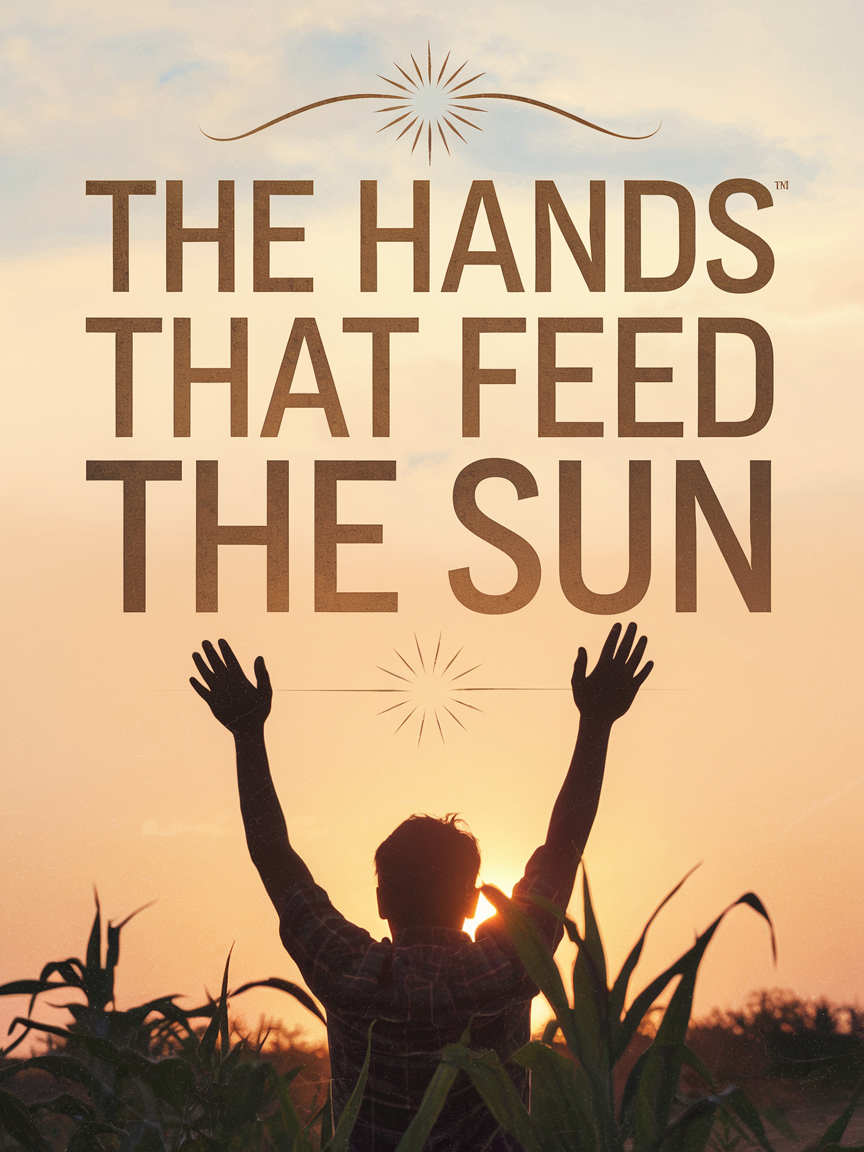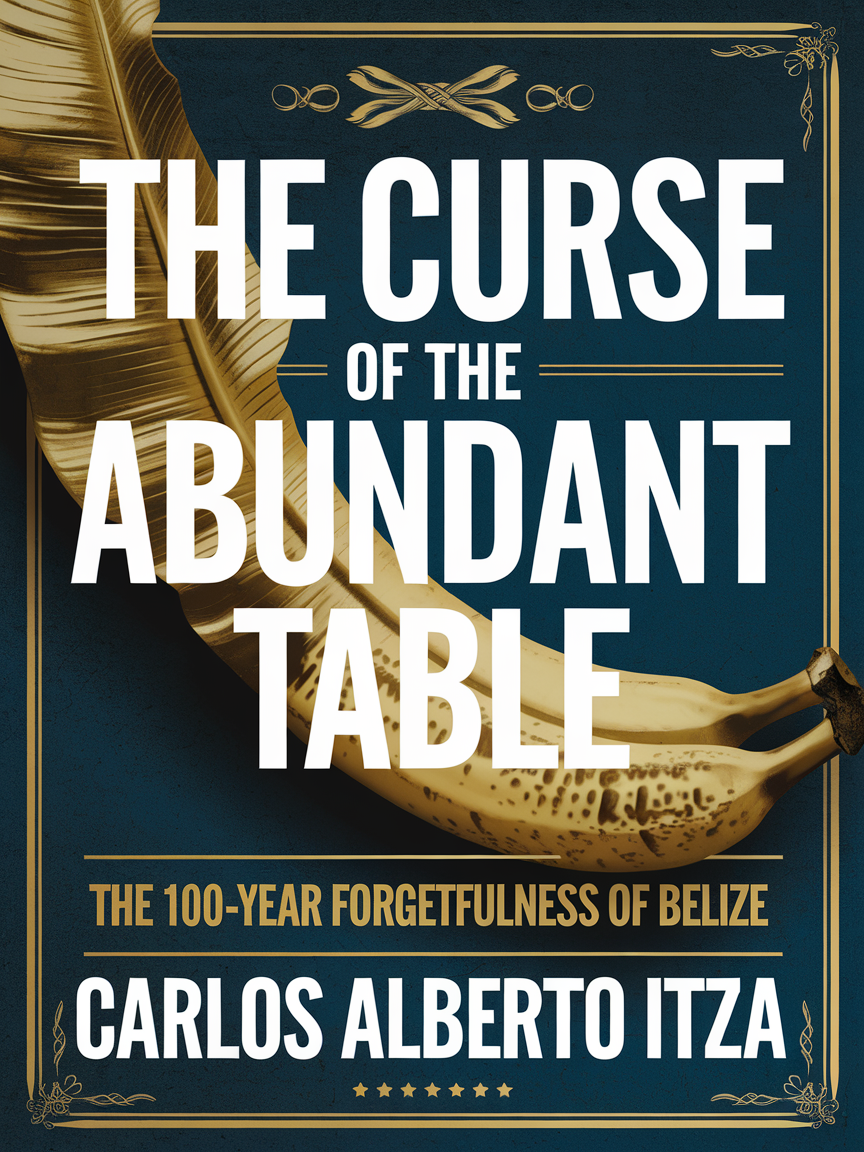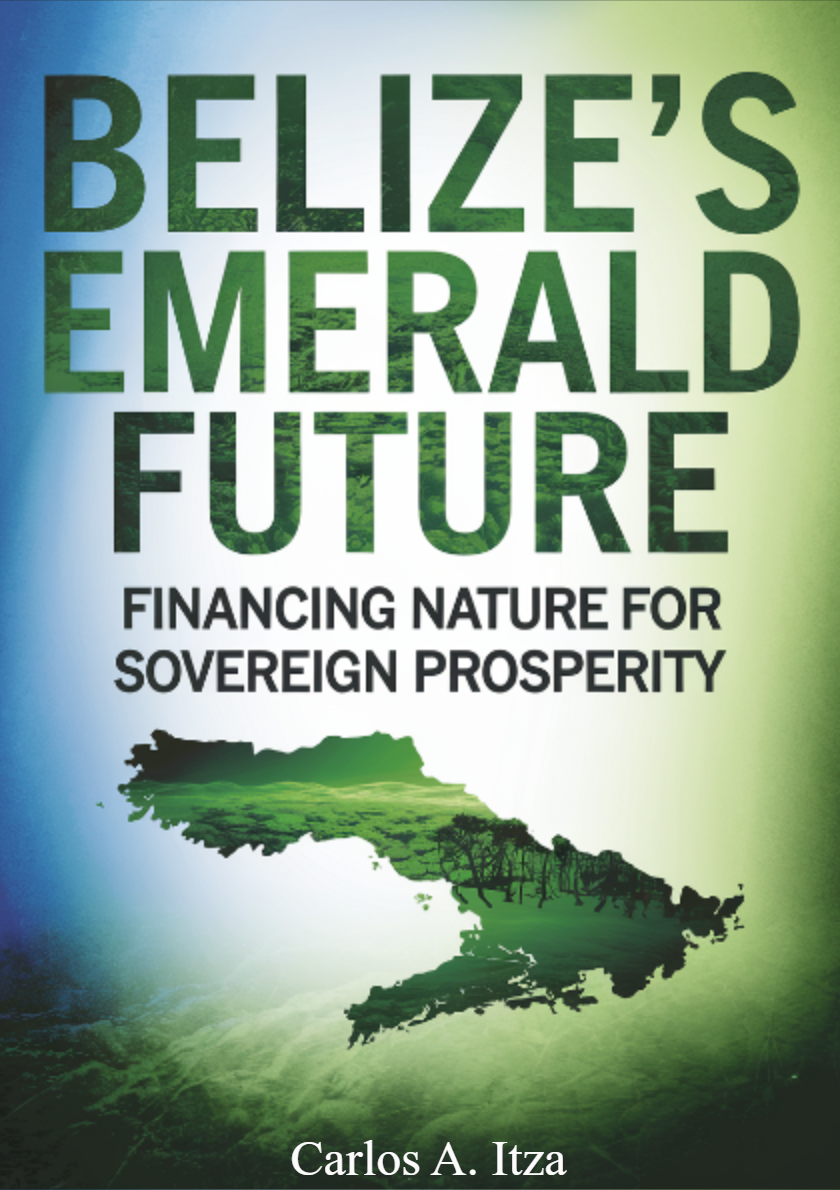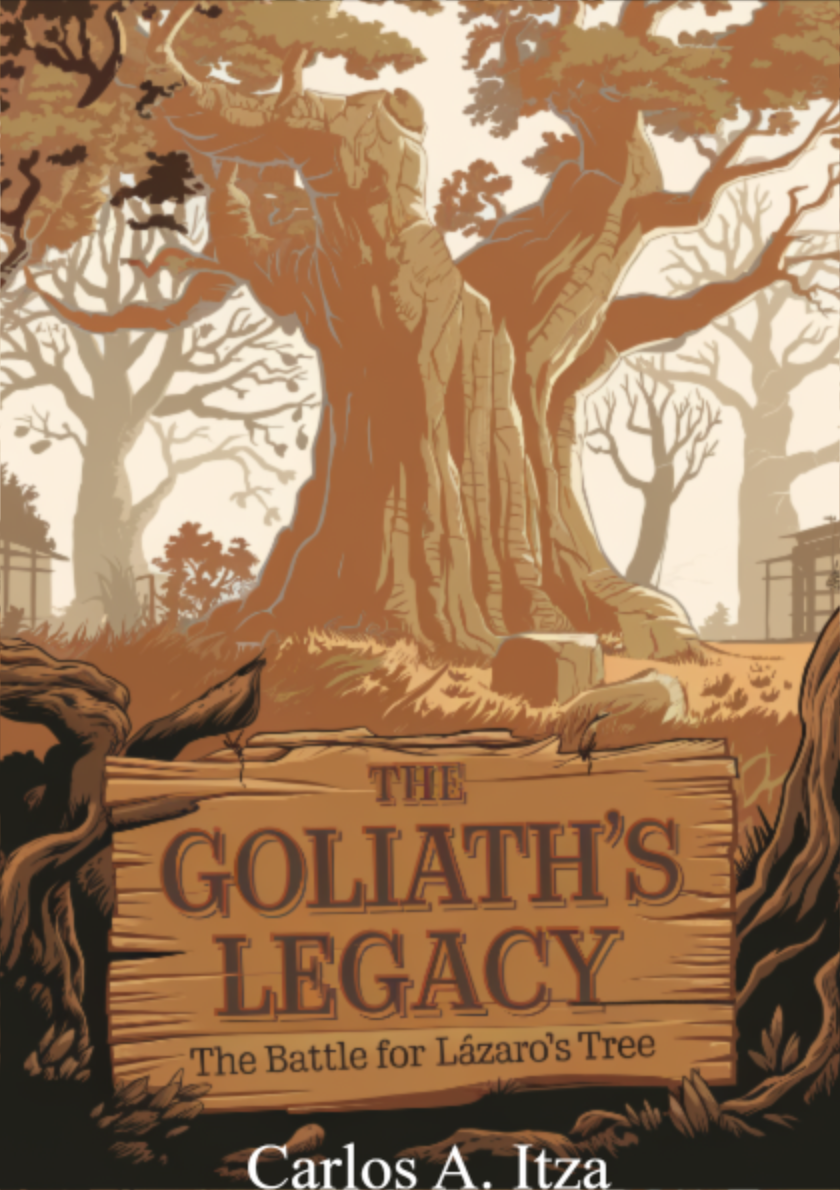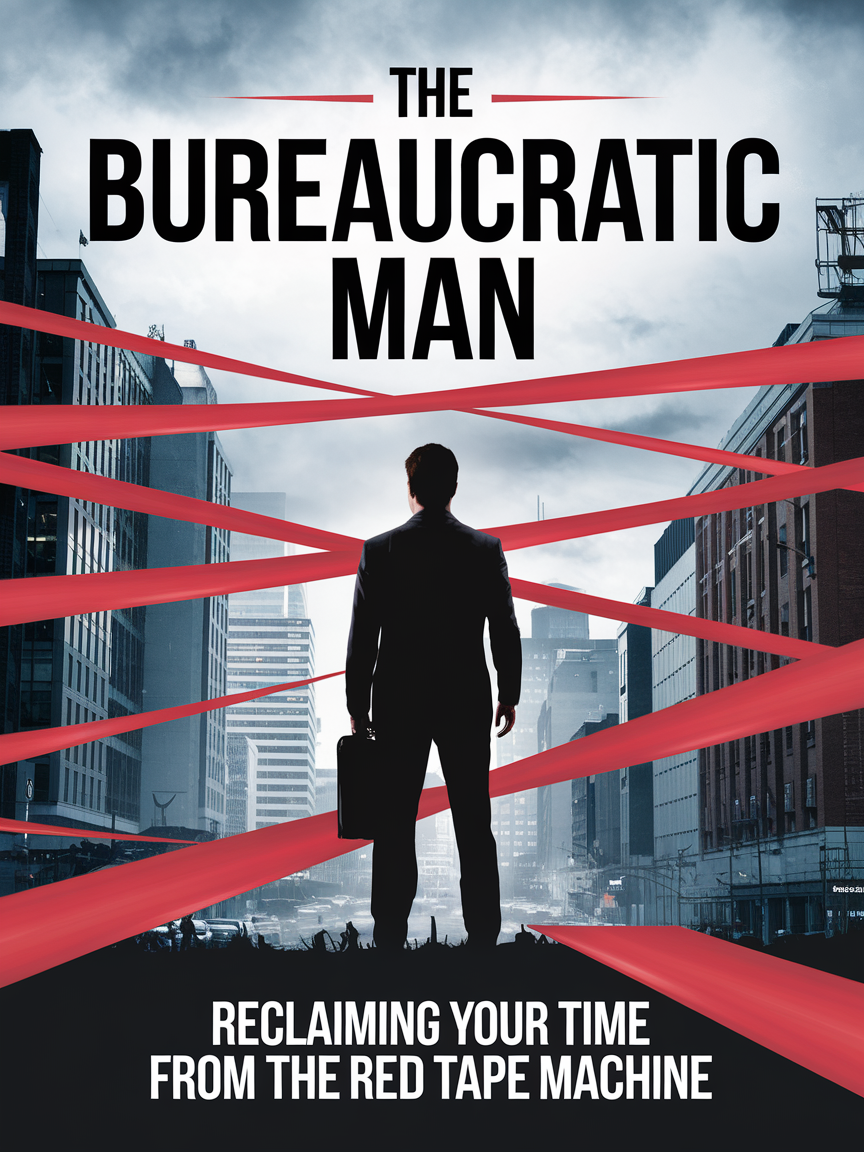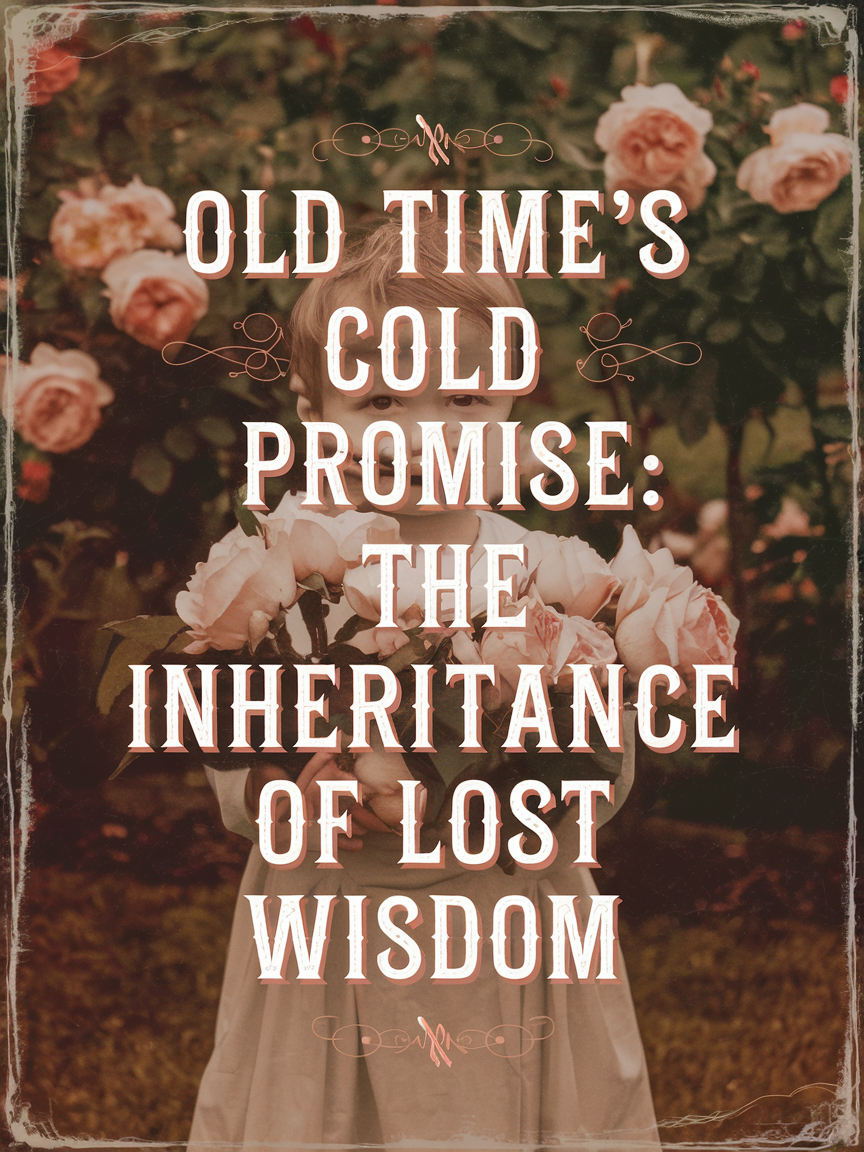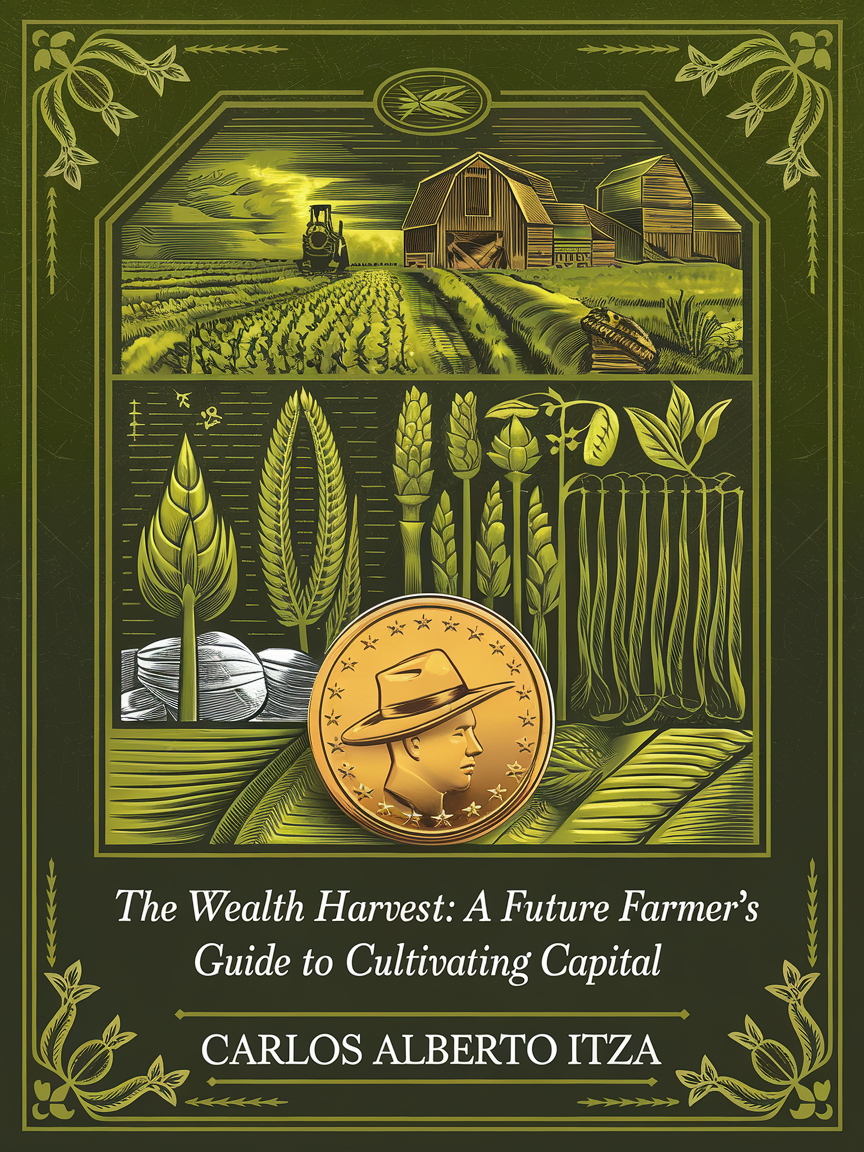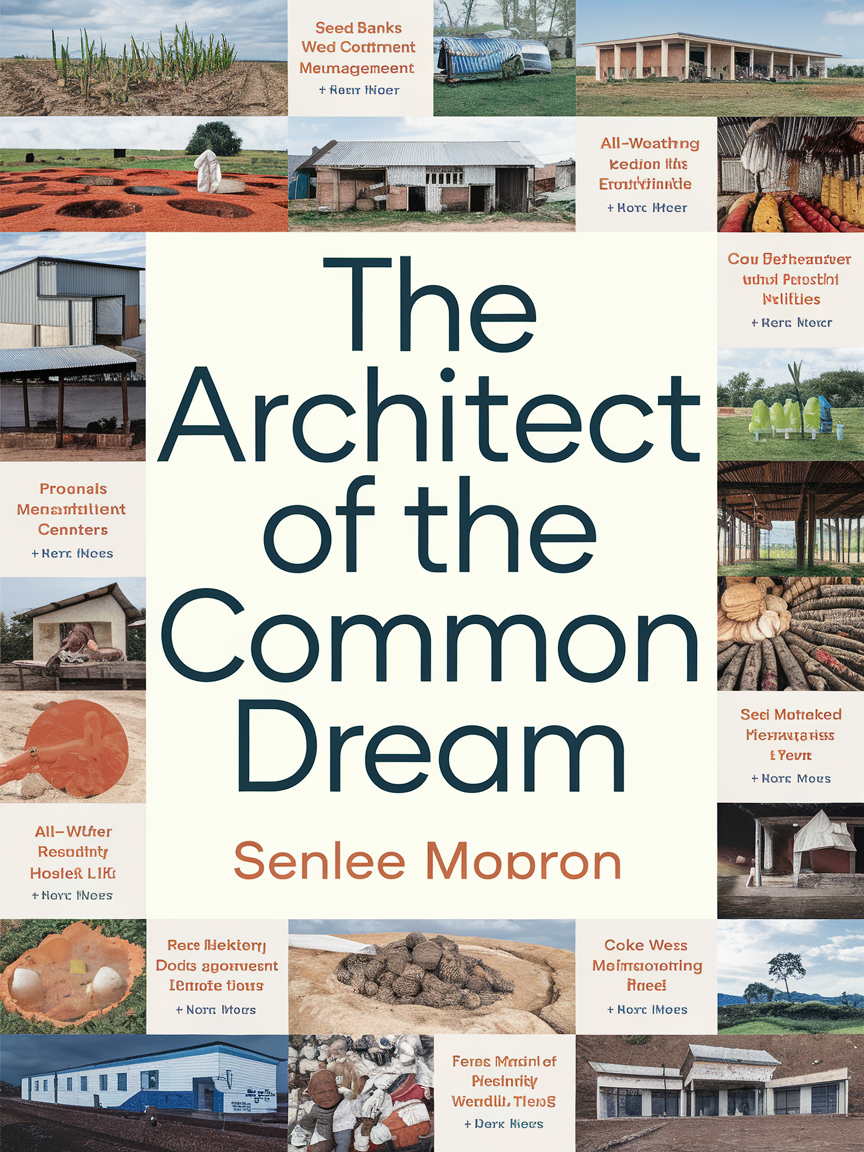The Hydro-Apocalypse
0 reviews
Chapters
12
Language
English
Genre
Published
October 8, 2025
Synopsis
The year is 2070. The climate wars of the mid-21st century have receded, only to be replaced by the more insidious, pervasive, and deadly Third Resource War, fought not with missiles, but with drought, smoke, and suffocating air. The great tropical and boreal forests—the lungs and reservoirs of the planet—have been functionally destroyed by a final, catastrophic wave of wildfires, driven by uncontrolled deforestation. Part I: The Slow Suffocation (The Science) The story opens by establishing the core scientific premise: the Oxygen Debt. With the Amazon and Borneo effectively gone, global oxygen production has dropped to dangerously low levels, requiring citizens in major coastal "Green Zones" to rely on state-controlled air filtration systems. Simultaneously, the loss of evapotranspiration and regional rain cycles has turned vast inland continents—the former global breadbaskets—into lethal Dust Bowls. The water cycle is irreparably broken. Part II: The Water State (The Governance) The world’s nations have been replaced by the Global Resource Mandate (GRM), a hyper-authoritarian government established solely to manage the remaining essential resources. Water is now a state-owned, state-rationed commodity known as "Blue Gold." The GRM implements stricter rules for water harvesting, usage, and extraction, especially targeting the productive and agricultural sectors where every droplet must be accounted for. Violations are treason. The central narrative follows Dr. Elara Vance, a former hydrological engineer now serving as a GRM "Water Auditor," tasked with policing the few remaining functioning irrigation farms. Part III: The Ugliness of Scarcity (The Conflict) Dr. Vance's mission takes her deep into the "Grey Lands," where the desperate struggle for survival pits climate refugees against GRM forces. The novel reveals the true 'ugliness' of scarcity: Water Usage Wars: Local militias fight deadly skirmishes over control of the last natural springs and ancient underground aquifers. Oxygen Cartels: Black markets trade illegally harvested or manufactured oxygen, driving corruption within the GRM. The Agrarian Rebellion: Farmers, pushed to the breaking point by zero-tolerance water policies (required to justify every droplet used for irrigation), lead a desperate rebellion against the GRM, arguing that the true criminal is the state, which failed to prevent the original deforestation.
More Books by the Author
Create Your Own Book
Inspired by what you've read? Turn your ideas into reality with FastRead's AI-powered book creation tool.
Start Writing Now